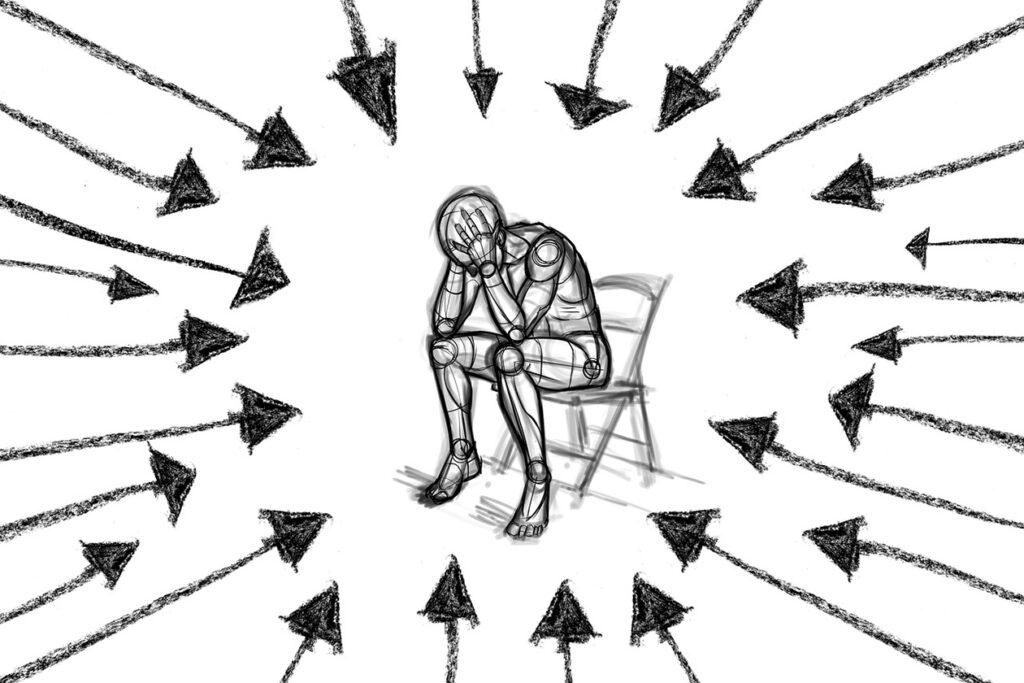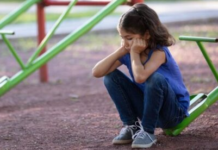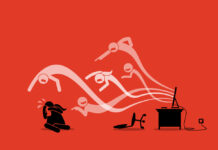On the news site of William & Mary College, Antonella Di Marzio posted this interview with Madelyn Labella and Adrian Bravo on their cross-cultural study investigating the facets and lingering effects of bullying:
“Q: Many definitions of bullying exist. Which is one you agree on and have used in your research?
Labella: Bullying is a chronic pattern of aggression — not necessarily physical, but also verbal and psychological. It is often characterized by a power imbalance, where the person who is bullying has more social power than the person who is being victimized.
Bravo: We also assessed childhood bullying experiences using a measure developed by the World Health Organization. According to the WHO, bullying occurs when a young person or group of young people say or do bad and unpleasant things to another person, when a young person is teased a lot in an unpleasant way or is left out of things.
Q: How can your findings influence interventions?
Labella: If we were to confirm our findings using longitudinal studies, then strategies like cognitive behavioral therapy might be useful to help people who experience bullying desist from rumination. CBT includes behavioral activation strategies having people doing things they enjoy so that they can take their mind off difficult experiences.
I also think that mindfulness-based interventions have a lot of promise. People who are able to mindfully accept their thoughts and feelings — without holding on to them, without judging them, and let them go — might be able to choose to live in ways that fit their own values and goals even in the midst of stressors like bullying.
***
More from Around the Web















